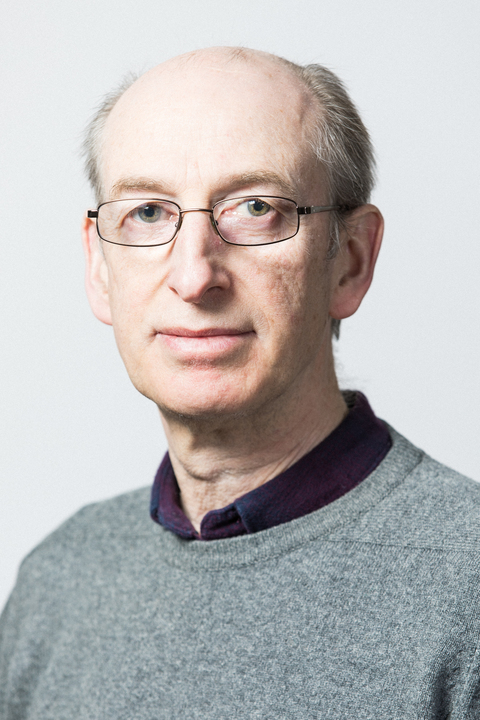
Electronics and Electrical Engineering

Prof. Mulgrew received his B.Sc. degree in 1979 from Queen's University Belfast. After graduation, he worked for 4 years as a Development Engineer in the Radar Systems Department at Ferranti, Edinburgh.
From 1983-1986 he was a research associate in the Department of Electrical Engineering at the University of Edinburgh.
He was appointed to lectureship in 1986, received his Ph.D. in 1987, promoted to senior lecturer in 1994 and became a reader in 1996.
The University of Edinburgh appointed him to a Personal Chair in October 1999 (Professor of Signals and Systems).
He currently holds the Royal Academy of Engineering Chair in Signal Processing.
His research interests are in adaptive signal processing and estimation theory and in their application to radar and audio systems.
Prof. Mulgrew is a co-author of three books on signal processing.
- 1987 Ph.D. University of Edinburgh
- 1979 BSc Queen's University Belfast
- 2012 Fellow of the Institute of Electrical and Electronics Engineers, FIEEE
- 2007 Fellow of the Royal Academy of Engineering, FREng
- 2002 Fellow of the Royal Society of Edinburgh, FRSE
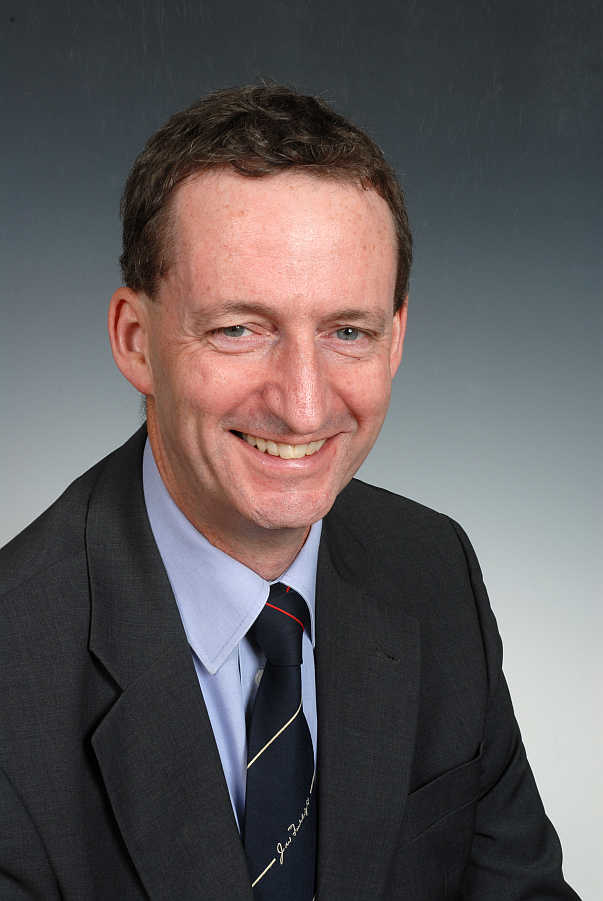
Ian Underwood carried out pioneering research and development in the field of liquid crystal microdisplays between 1983 and 1999.
His early career achievements were recognized by:
- Fulbright Fellowship (1991) held at The University of Colorado
- Photonics Spectra Circle of Excellence Award (1994) with Boulder Nonlinear Systems
- British Telecom Summer Fellowship (1997)
- Ben Sturgeon Award of the UK Chapter of the SID (1999)
In the late 1990's he contributed to the formation of Micropix Technologies (now Forth Dimension Displays) and consulted with them to design their first generation product line.
He is a co-founder of MicroEmissive Displays (MED) founded in 1998 and co-inventor of its P-OLED microdisplay technology. He served as Product Development Director, Director of Strategic Marketing then CTO.
MED's distinctions include:
- 2004 Guinness World Record for the world's smallest colour tv screen
- European Semiconductor Start-up Award (2004)
- the inaugural IEE Innovation in Engineering Award for Emerging Technology (2005)
MED raised in excess of 40M GBP Sterling and at its peak employed around 70 staff. MED went into administration in late 2008, an early victim of the global financial crisis, shortly after beginning to ship product for its first major order.
In 2005, while with MED, Ian was appointed in absentia to the Chair of Electronic Displays at The University of Edinburgh.
Recent personal recognition includes:
- Ernst & Young Emerging Entrepreneur of the Year, Scotland (2003)
- Fellow of the Royal Society of Edinburgh (2004)
- Gannochy Medal for Innovation winner (2004)
- Fellow of the Royal Academy of Engineering (2008)
- Fellow of the Institute of Physics (2008)
In late 2007 he took up the Chair, becoming Head of the Institute for Integrated Micro and Nano Systems (IMNS) while remaining part-time at MED as Chief Scientific Adviser.
Until recently he sat on the Council of the Scottish Optoelectronics Association and the Steering Committee of ADRIA (Europe's Network in Advanced Displays).
He is known worldwide as an authority on microdisplay technology, systems and applications and is co-author of a recently released book entitled Introduction to Microdisplays (Wiley, 2006).
In late 2008 he was appointed to the Scottish Science Advisory Council the body that offers strategic advice on science and related matters to the Scottish Government.
Today he is employed by the University of Edinburgh for four days per week, seeking gainful employment on the fifth day as adviser, consultant, or non-executive director with pre-spin-out technology projects and early stage technology companies.
He is an Associate Editor of the Journal of the SID and sits on the technical program committee of the International Solid State Circuits Conference, the International Displays Research Conference and the Society for Information Display's Annual International Symposium.
In recent years he has made invited presentations and tutorials on microdisplays and related topics at major conferences and events throughout the world including:
- Eurodisplay 2005 and 2009
- IMID Korea 2006
- SID USA 2007 and 2009
- IEEE ISSCC USA 2009
Contact Ian by email at i.underwood@ed.ac.uk.
- 2008 Fellow of the Royal Academy of Engineering, FREng
- 2004 Fellow of the Royal Society of Edinburgh, FRSE

Accepting PhD Students
PhD projects
I am currently looking for PhD students under the following themes listed below. There is the opportunity to get university funding. As these are highly competitive, you are recommended to complete a formal application as soon as possible in order to be considered for any university funding opportunities.
Current Research Themes
Machine Imaging
Computational imaging relies on the acquisition of sensor measurements that indirectly inform about the imaged object and has a broad range of applications, from computational microscopy, medical imaging (CT, MRI, ultrasound), to sonar, radar, and seismic imaging. Current state-of-the-art methods are leveraging sophisticated machine learning (ML) solutions based on deep neural networks. However, supervised ML solutions necessitate unrealistic access to a large quantity of ground truth images.
One of the aims of this theme is to develop a foundational theoretical framework and algorithmic toolbox for learning to image with limited or no ground truth data. It will lay the foundations for a new wave of unsupervised ML-based computational imaging, with potential applications across a range of settings and imaging modalities from advanced medical imaging to robotics and autonomous systems. Unleashing the ML from ground truth data will enable the algorithms to exploit the larger quantities of unsupervised measurement data available to learn more complex and effective models leading to practical benefits of accelerated acquisitions and reduced imaging artifacts, as well as totally new imaging opportunities.
Data-Driven Computational Sensing and Imaging
Today's state-of-the-art imaging and sensing rely as much on computation as they do on sensor hardware. Furthermore, computational sensing and imaging is increasingly exploiting data-driven and machine learning solutions to enhance performance and develop novel hardware/software co-designed sensing systems. However, in critical scenarios such as medicine or defence and security it is vital that verifiable algorithmic solutions are used, which places restrictions on which machine learning approaches are admissible. Importantly, fully black box machine learning solutions should be avoided. This theme will therefore focus on the development of novel algorithmic and mathematical frameworks to exploit data and machine learning for imaging and sensing within a controlled explainable and verifiable manner. There will be a specific focus on RF and electro-optic/IR sensor modalities.
Sensor and Information Fusion
Sensor networks, sensor fusion and management techniques address key challenges in intelligence, surveillance, target acquisition, and reconnaissance (ISTAR). Opportunities in adaptive data-driven sensor tasking and resource management include adaptive sensor placement, adaptive waveform design to reflect the target reflection characteristics and channel environments, and adaptive sensor selection. Although these problems have solutions in specific use cases, this theme will consider scenarios with broader applications involving multiple heterogeneous sensors on single or multiple cooperative autonomous airborne platforms.
The solutions developed in this should be robust to dynamic and congested environments, adverse weather conditions, and mutual sensor interference. A range of algorithmic and signal processing or machine learning technologies will be considered, as well as specific technical challenges. For example, projects in this theme will consider aspects related to wide area motion imaging (WAMI), position, navigation, and timing issues (PNT); robustness to adversarial attack; sensor fusion and tracking applications; use of kernel and Monte Carlo methods; outlier-robust (and other metrics) messages in belief propagation algorithms; and scheduling in large dynamic networks. Probabilistic and Bayesian frameworks will be preferred to enable uncertainty quantification and management.
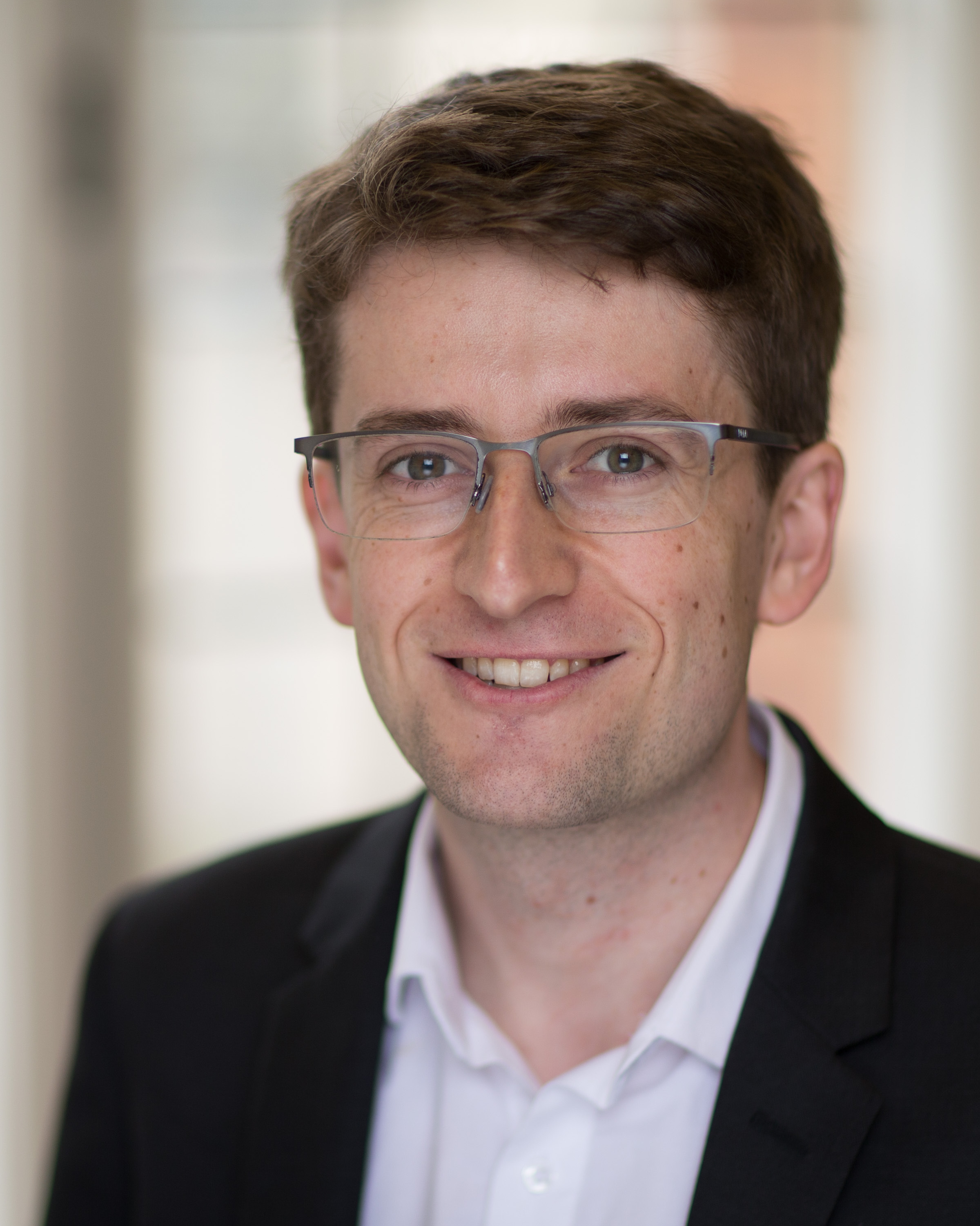
I am an Honorary Fellow with the School of Engineering at the University of Edinburgh. My main position is Associate Professor in Power Systems with the Department of Engineering Science at the University of Oxford. I am also an Associate Editor of IEEE Transactions on Power Systems and Co-Chair of the IEEE Power & Energy Society Taskforce on Quantum Computing for Power System Operations. My research is focused on the design of control systems and markets to enable the large-scale integration of distributed power system flexibility.
University of Oxford web page: https://eng.ox.ac.uk/people/thomas-morstyn
- PhD in Electrical Engineering, University of New South Wales, 2016.
- BEng in Electrical Engineering with First Class (H1) Honours, University of Melbourne, 2011.
- Senior Member, IEEE
- Associate Editor, IEEE Transactions on Power Systems
- PhD supervision.
- Power system modelling and control
- Electricity market design
- Peer-to-peer energy trading
- Electric vehicle smart charging and vehicle-to-grid
- Microgrid control
If you are interested in collaborating or pursuing a PhD in one of my areas of research interest, please get in touch by email (thomas.morstyn@eng.ox.ac.uk).
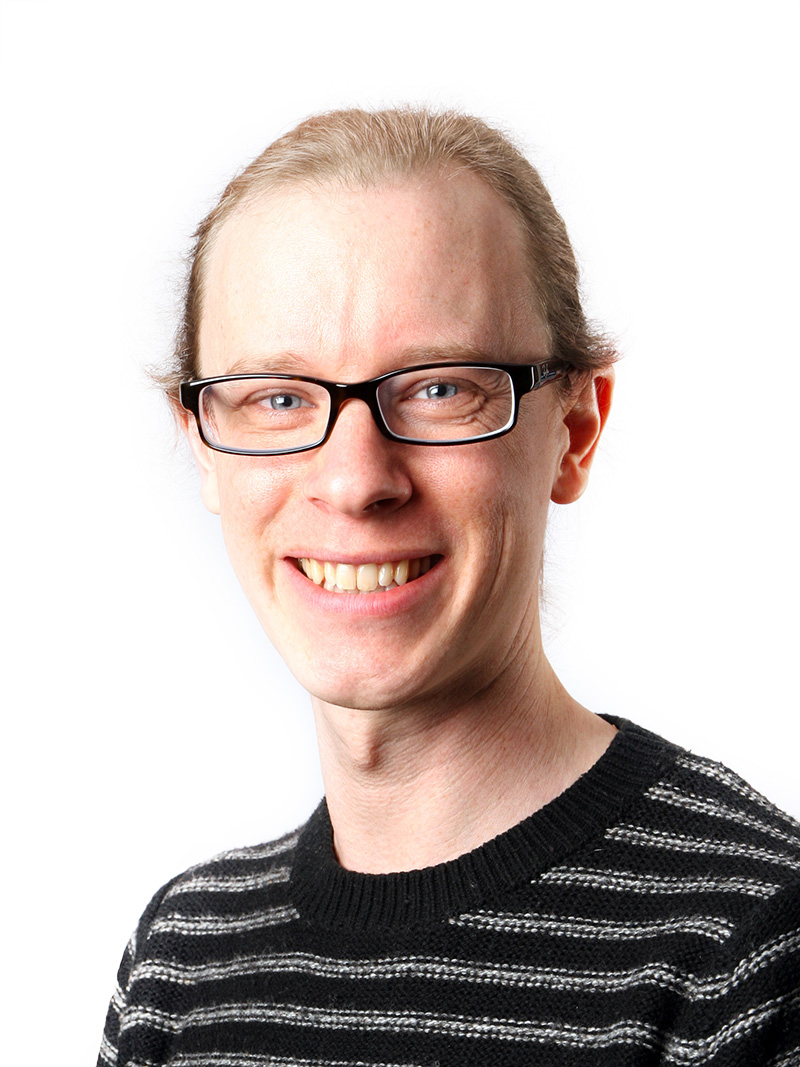
My research focuses on the development of miniature bioelectronic interfaces for applications in synthetic biology and biomedical engineering. I lead a highly collaborative and interdisciplinary research group in these areas at the Institute for Integrated Micro and Nano Systems (IMNS) within the School of Engineering.
Recent work developed a miniature implantable oxygen sensor, which has been extensively tested in vivo for its potential use in cancer radiotherapy treatment and for post-operative tissue monitoring. Currently, a UoE/NHS consortium is further developing this sensor with the aim of clinical application.
We also have a strong interest in the technology that supports synthetic biological biosensor systems. Specifically, we are developing an electrochemical platform, designed to enable multi-channel data readouts from cell-free systems.
- MSc Sensor and Imaging Systems, University of Glasgow, 2016 (Distinction & Class Prize)
- PhD Clinical Neurosciences, University of Cambridge, 2011
- BA Natural Sciences, University of Cambridge, 2005
- WCSIM (Worshipful Company of Scientific Instrument Makers): Beloe Fellowship, 2018
- IEEE: Member
- Biochemical Society: Early Career Member
- Microelectronics 2 (ELEE08020): lecturing on microfabrication, assisting at tutorials, and student assessment
- MSc Electronics project (PGEE11065) and MSc Sensor and Imaging Systems project (PGEE11135): student supervision
- Analogue Mixed Signal Laboratory 3 (ELEE09032): teaching assistant
- BioSensors and Instrumentation (PGEE11040), Applications of Sensor & Imaging Systems (PGEE11136), and Edinburgh Summer Schools for Beihang University and University of North Carolina: Research guest lecturer
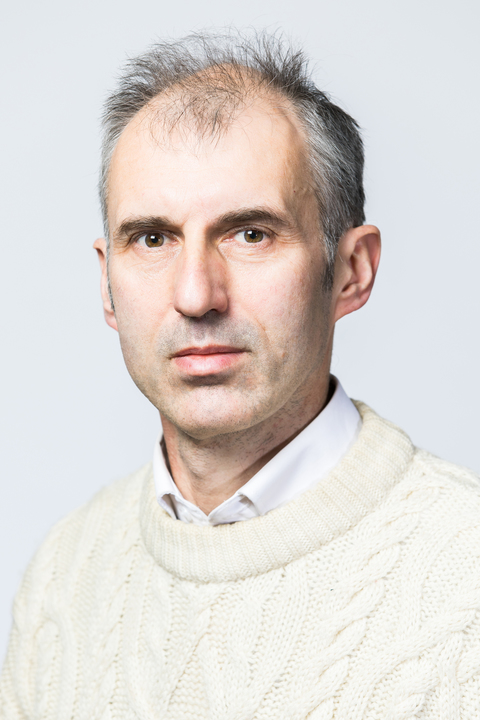
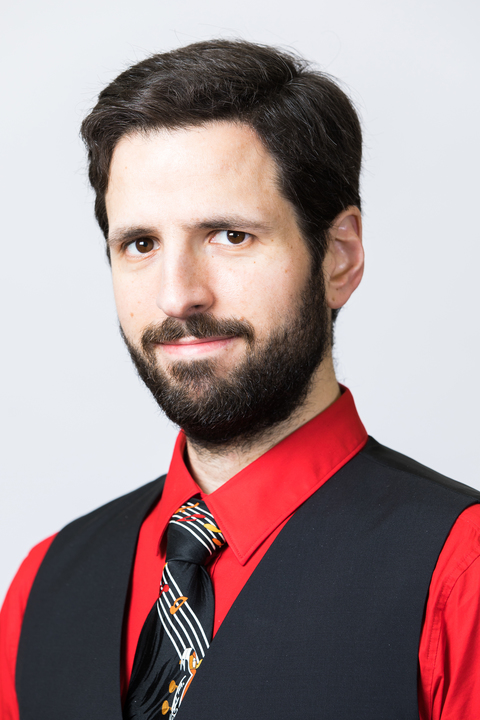
- PhD in Electrical Engineering from Imperial College London (UK), 2013, awarded the “Eryl Cadwaladr Davies” Prize for Best Doctoral Thesis in the Electrical and Electronic Engineering Department.
- MSc Control Systems from Imperial College London (UK), 2008, obtained with Merit.
- Diplôme "Ingénieur en Électronique" from ENSEA (Cergy, France), 2008.
- Diplôme Universitaire Technologique in "Génie électrique et Informatique Industrielle" from Institut Universitaire de Belfort-Montbéliard (Belfort, France), 2005.
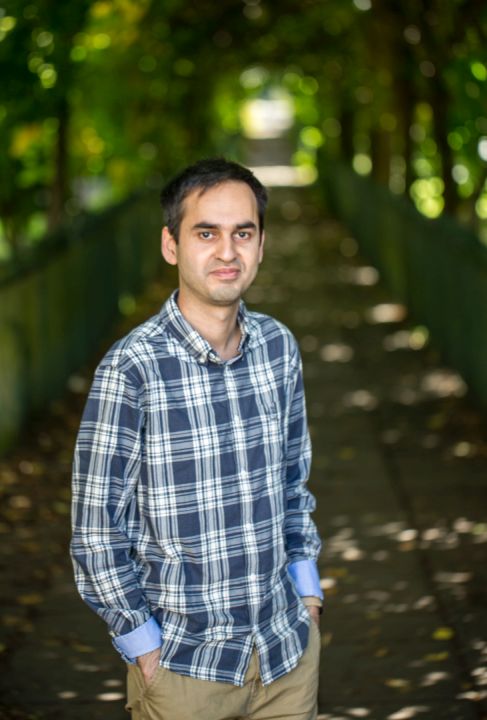
Danial is an academic at the School of Engineering at the University of Edinburgh, Scotland. His research focuses on developing new tools and paradigms of AI-assisted design and test automation for Electronics engineering. Previously, his research focused on optoelectronics sensors, including Single Photon Avalanche Diode (SPAD) arrays for biomedical and communication systems. He received his BSc in electronics engineering from Chamran University of Ahvaz, Iran, in 2007, an MSc in Microelectronics and system engineering from the Computer Science at the University of Bristol in 2009, and a DPhil in engineering science from the University of Oxford Microelectronics group in 2013. During his DPhil studies, his work was based on various designs for Single Photon Avalanche Diode (SPAD) arrays. He designed and tested SPADs for CMOS imaging, fluorescent measurements, and optical communications. He made the first analogue SPAD arrays, which had a compatible readout mechanism with conventional CMOS image sensors. His thesis on single-photon avalanche diodes for optical communications demonstrated that a SPAD receiver can achieve faster data rates than its deadtime.
In 2013, he then joined the UCL Department of Medical Physics and Biomedical Engineering to develop wearable optical brain imaging systems. He used sensitive photodetection and compact digital systems to achieve high-density multi-wavelength source-detector arrays.
In 2017, he joined the School of Engineering at the University of Edinburgh as a Chancellor’s Fellow in Electronics. He is part of the co-investigator team at QuantIC , the UK Quantum Technology Hub in Quantum Enhanced Imaging, developing detector arrays and systems for a variety of applications from fundamental quantum physics to consumer cameras.
Danial is the programme director of MSc Electronics and teaches the IC design course and lab to the MSc students and undergraduates at the University of Edinburgh.
For further information and projects, please visit my personal Home Page.
For a full list of publications, please visit Google Scholar.
For an up-to-date list of projects and open-source activities, please visit EElab.dev.
* For PhD opportunities, please contact me *
- DPhil in Engineering Science, University of Oxford, UK, 2009-2013
- MSc in Advanced Microelectronics Systems Engineering, University of Bristol, UK, 2007-2008
- BSc in Electronics Engineering, Chamran University of Ahvaz, IRAN, 2002-2007
Programme Director for MSc Electronics
Course organiser for the following courses:
- Analogue Electronics (Project) 4 - Semester two only
- Analogue VLSI Project (MSc)
- Analouge IC Design (MSc)
For a full list of publications please visit Google Scholar.

 orcid.org/0000-0002-8082-2818
orcid.org/0000-0002-8082-2818